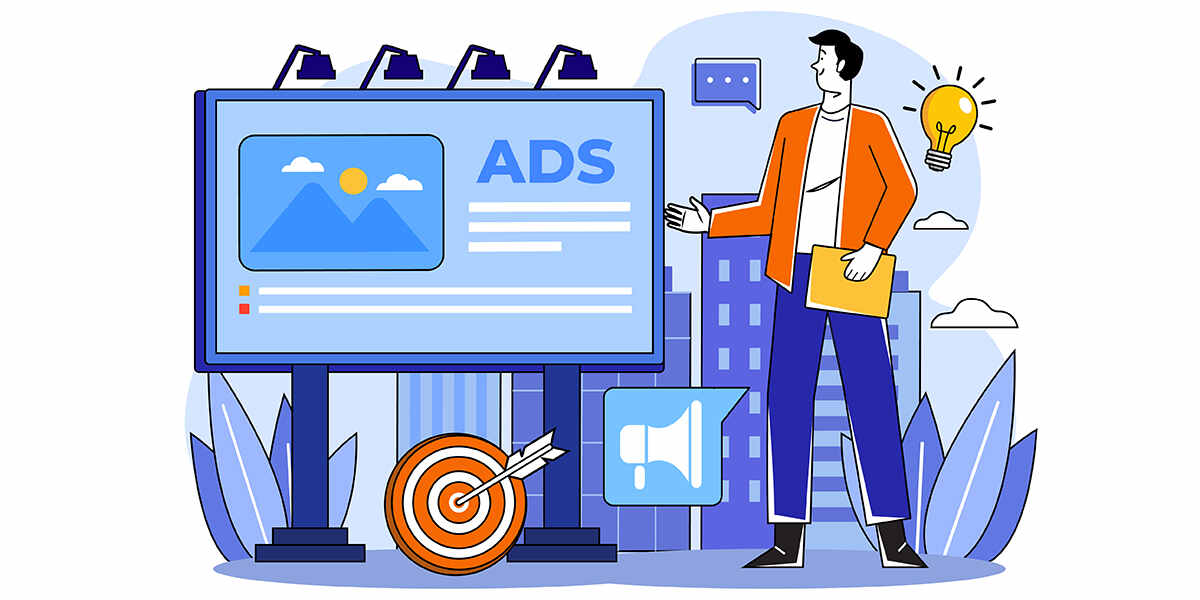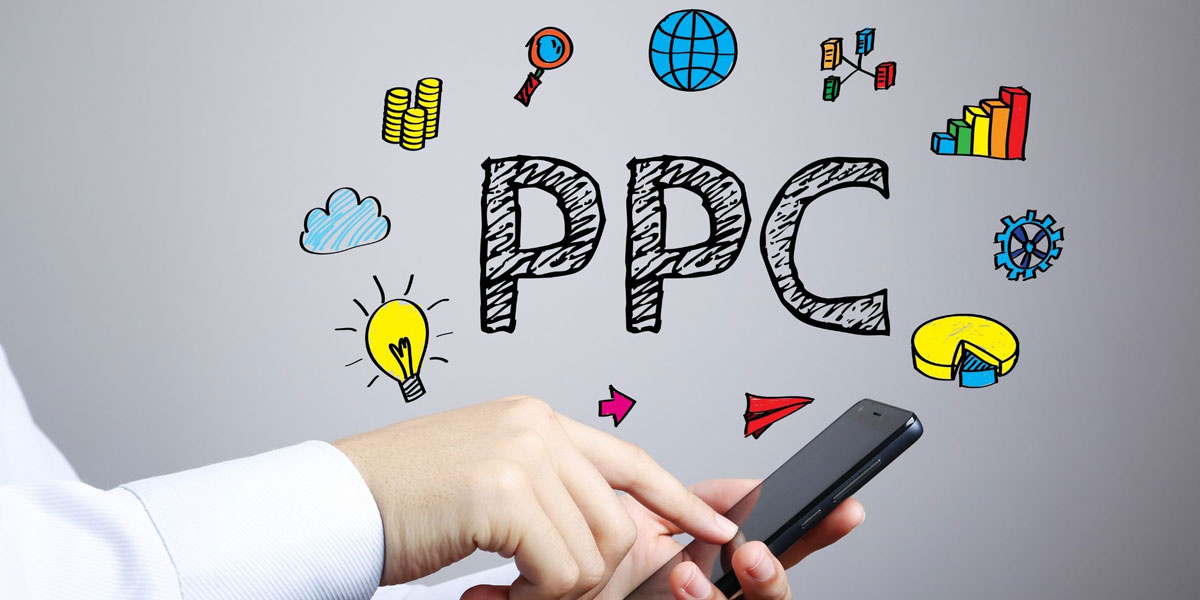PPC lead generation refers to the process of using pay-per-click advertising to attract potential customers and collect their contact information for further marketing or sales efforts. It is a highly targeted strategy where advertisers only pay when someone clicks on their ad, making it cost-effective when properly executed. Platforms like Google Ads, Bing Ads, and social media channels such as Facebook, LinkedIn, and Instagram allow businesses to showcase their offerings to users actively searching for solutions or showing buying intent. The core strength of PPC lead generation lies in its ability to drive immediate, qualified traffic to landing pages optimized for conversion, resulting in faster lead acquisition compared to organic methods.
Choosing the Right PPC Platforms for Leads
Selecting the best platform is essential for PPC lead generation success. Google Ads is ideal for capturing leads through search intent, especially when users are actively looking for a product or service. For B2B companies, LinkedIn Ads offer unparalleled targeting options based on job title, company size, and industry. Facebook and Instagram are well-suited for visually engaging campaigns and targeting based on interests and behaviors. Each platform has unique strengths; combining them strategically ensures broader reach while maintaining lead quality. Matching your platform choice with your audience’s behavior and preferences significantly boosts the performance of your PPC lead generation campaigns.
Creating High-Converting Landing Pages
A powerful landing page is crucial to successful PPC lead generation, as it’s where the actual conversion happens. Unlike your website’s homepage, a PPC landing page should be focused, relevant to the ad copy, and designed to guide visitors toward a single action—submitting their information. Essential elements include a clear headline, benefits-oriented content, trust indicators (like testimonials or security badges), and a strong call-to-action (CTA). Forms should be concise and mobile-friendly to minimize friction. The design should load quickly and avoid distractions like unnecessary links or clutter. A well-optimized landing page increases the chances of turning PPC visitors into actual leads, maximizing your return on ad spend.
Keyword Strategy for PPC Lead Generation
Keywords are the foundation of PPC lead generation, particularly for search engine advertising. Targeting the right mix of high-intent keywords ensures your ads appear in front of users who are actively searching for your solutions. Focus on long-tail keywords, which often indicate stronger purchase intent and have lower competition. Negative keywords are equally important—they prevent your ads from showing on irrelevant searches, preserving budget and lead quality. Keyword match types (broad, phrase, exact) help fine-tune your visibility and relevance. A continuously refined keyword strategy based on data and user behavior significantly enhances your PPC lead generation performance by attracting the right traffic.
Crafting Effective Ad Copy That Converts
Your ad copy plays a critical role in PPC lead generation by convincing users to click through to your landing page. Great ad copy starts with a compelling headline, incorporates key benefits, and ends with a strong call to action. It should also reflect the search intent behind the keyword and match the landing page to maintain relevance. Including emotional triggers, urgency (like limited-time offers), or value propositions such as “free quote” or “instant demo” can increase click-through and conversion rates. A/B testing different variations of ad copy provides valuable insights into what resonates best with your audience, continually improving your PPC lead generation effectiveness.
Using Ad Extensions to Enhance Performance

Ad extensions in platforms like Google Ads enhance the visibility and functionality of your PPC lead generation campaigns. These additional links and details—such as site link extensions, callout extensions, structured snippets, and lead form extensions—provide more information and increase the real estate your ad occupies. Extensions improve click-through rates by offering multiple options for user engagement, making your ad more useful and appealing. For example, a lead form extension can allow users to submit their contact info directly from the search results page, streamlining the conversion process. Smart use of ad extensions elevates the performance of your ads and supports a more robust lead generation funnel.
Targeting and Audience Segmentation
One of the most powerful features of PPC lead generation is the ability to target highly specific audiences. Whether it’s through keyword intent, geographic targeting, device usage, or demographic filters, segmentation allows you to tailor your ads to the right people. Platforms like Facebook and LinkedIn offer advanced targeting based on interests, behaviors, and even job titles, making it easy to reach decision-makers. Remarketing is another vital tactic—it targets users who’ve previously interacted with your site or content, increasing conversion chances. Audience segmentation helps ensure your budget is focused on users most likely to convert, improving both the quality and quantity of your leads.
Measuring and Optimizing Your Campaigns
PPC lead generation requires ongoing monitoring and optimization to remain effective. Key performance indicators (KPIs) such as cost per lead (CPL), click-through rate (CTR), conversion rate, and return on ad spend (ROAS) help measure campaign success. Tracking tools like Google Analytics and Facebook Pixel allow you to assess which keywords, ads, and landing pages are generating the best results. Use this data to refine bids, pause underperforming ads, and invest more in high-performing segments. Split testing different versions of ad copy and landing pages ensures continuous improvement. Optimization is not a one-time task but an ongoing process that significantly influences PPC lead generation outcomes.
Integrating CRM and Marketing Automation
To get the most out of PPC lead generation, integration with your CRM and marketing automation platforms is essential. Captured leads should automatically flow into your CRM, allowing for real-time follow-up and lead nurturing. Marketing automation tools can segment leads based on behavior, send targeted email sequences, and track engagement over time. This integration ensures no lead is lost and each one is followed up efficiently. It also provides valuable feedback to improve targeting and campaign messaging. A seamless system connecting PPC efforts to your sales pipeline creates a streamlined and scalable lead generation ecosystem that maximizes your ad investment.
Avoiding Common PPC Lead Generation Mistakes
Many businesses struggle with PPC lead generation due to common mistakes such as sending traffic to a generic homepage, using vague ad copy, failing to test variations, or targeting the wrong audience. Overlooking negative keywords can waste budget on irrelevant clicks, while neglecting landing page optimization leads to poor conversions. Failing to track leads correctly also makes it difficult to assess performance. To avoid these pitfalls, adopt a data-driven approach, continually test and optimize, and ensure tight alignment between ads, keywords, and landing pages. Avoiding these mistakes keeps your campaigns efficient, cost-effective, and focused on generating high-quality leads.
Conclusion: Building a Scalable PPC Lead Generation Machine
PPC lead generation offers a fast, targeted, and scalable way to attract potential customers and grow your business. From selecting the right platforms and keywords to crafting high-converting landing pages and ad copy, each element plays a critical role in campaign success. Leveraging tools like ad extensions, CRM integrations, and performance analytics ensures your leads are not only captured but also effectively nurtured. When done correctly, PPC lead generation becomes a predictable and profitable system that fuels your sales pipeline with qualified prospects. By continuously optimizing and refining your approach, your PPC strategy will remain competitive and deliver long-term business value.
